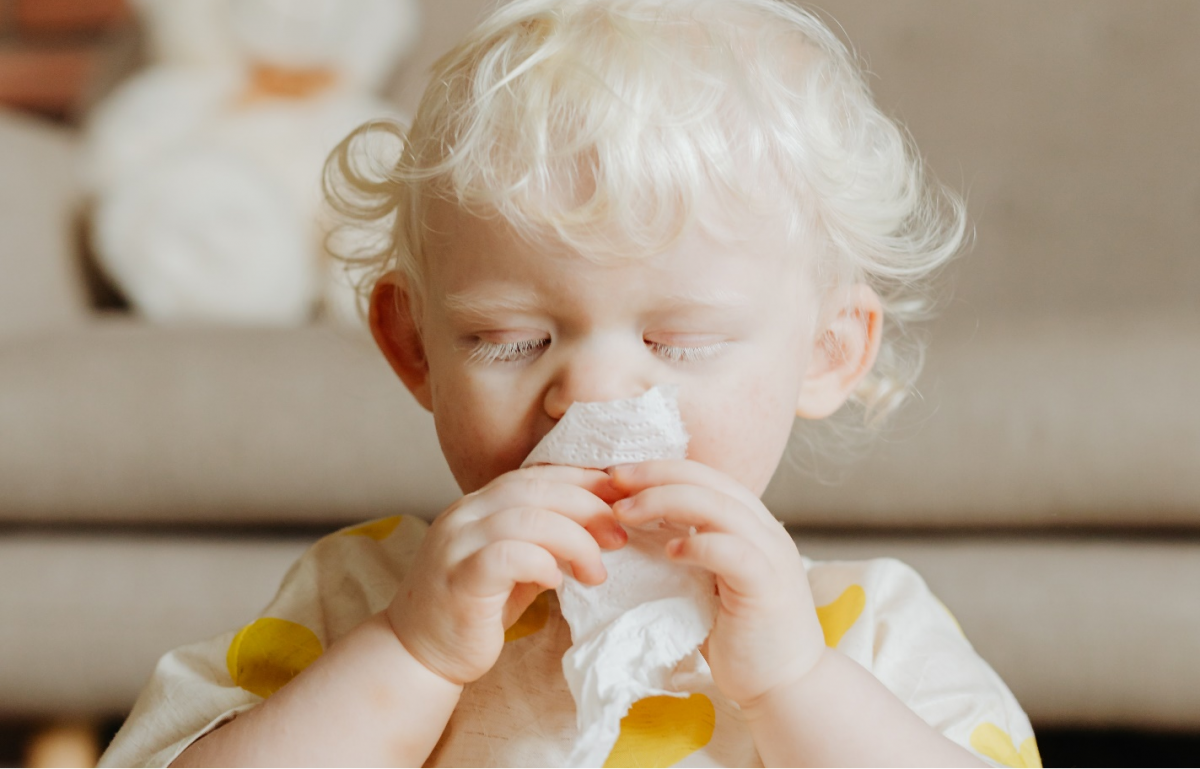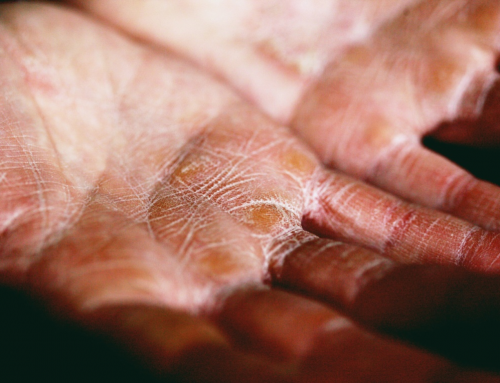Does your child have a constant runny nose? If your answer is “yes”, your child probably has Rhinorrhea. Rhinorrhea, which means a frequent runny nose, is a usual symptom of several minor sicknesses children have during their early years. Mild symptoms don’t need medical intervention, but in some cases, you need to get allergy treatment or visit a pediatric pulmonologist.
Let us help you diagnose what’s causing your child’s runny nose. But first, here are some common reasons that are causing your toddler’s recurring runny nose:
Allergies
The most common cause of your toddler’s constantly running nose is an allergy, also called allergic rhinitis or hay fever. Many children are sensitive to allergens found in the environment, such as dust particles, moisture, mold, pollen, dander in pet hair etc.
The most common symptoms of allergic rhinitis are runny or stuffy nose, sneezing, itching, and red, watery eyes. Eliminating the cause of the allergy can help ease symptoms. If your child develops severe symptoms, allergy treatment becomes necessary.

Common Cold
A toddler has at least 6 colds a year. Most of these colds are viral, and each time, it’s a new virus. A runny nose helps to expel the virus from the body, and the child gets better within 7-10 days of developing symptoms. If the symptoms last longer than 10 days, you need to get your child assessed by our physician.
Non-Allergic Rhinitis
Non-allergic rhinitis differs from allergic rhinitis because it is caused by factors that irritate the nose. For example, some children are sensitive to perfumes, dry air, smoke, or certain spices. These irritants stimulate the nasal passage, and the body responds by producing more mucus.
Since this type of rhinitis is non-allergic, your child will feel better when the elements causing irritation are removed.
Respiratory Tract Infections (RTI)
Respiratory tract infections can be either viral or bacterial. RTIs can cause a runny nose accompanied by other symptoms such as fever, cough and sore throat. Most RTIs are viral, and symptoms subside within 10 days. However, severe infections like Influenza, SARS, and SARS-Cov-2 are dangerous and potentially life-threatening.
If your toddler develops symptoms of RTIs with fever and breathing issues, we recommend you to consult with our pediatric lung doctor or pediatric pulmonologist.
The recurring runny nose may be bothersome for you and your toddler, but mostly it’s not a matter of serious concern as long as your child is active and healthy otherwise. But if it lingers on or symptoms get worse, you need to consult with our allergy doctors or pediatric pulmonologists.
John D. Bray is one of the most well-known pulmonologists and sleep doctors in town. Under the experience and training of Dr Bray, we have the most experienced allergy doctors and pediatric pulmonologists in Midland, Odessa, Big Spring, Fort Stockton and Alpine.
To book an appointment, click here.









Leave A Comment